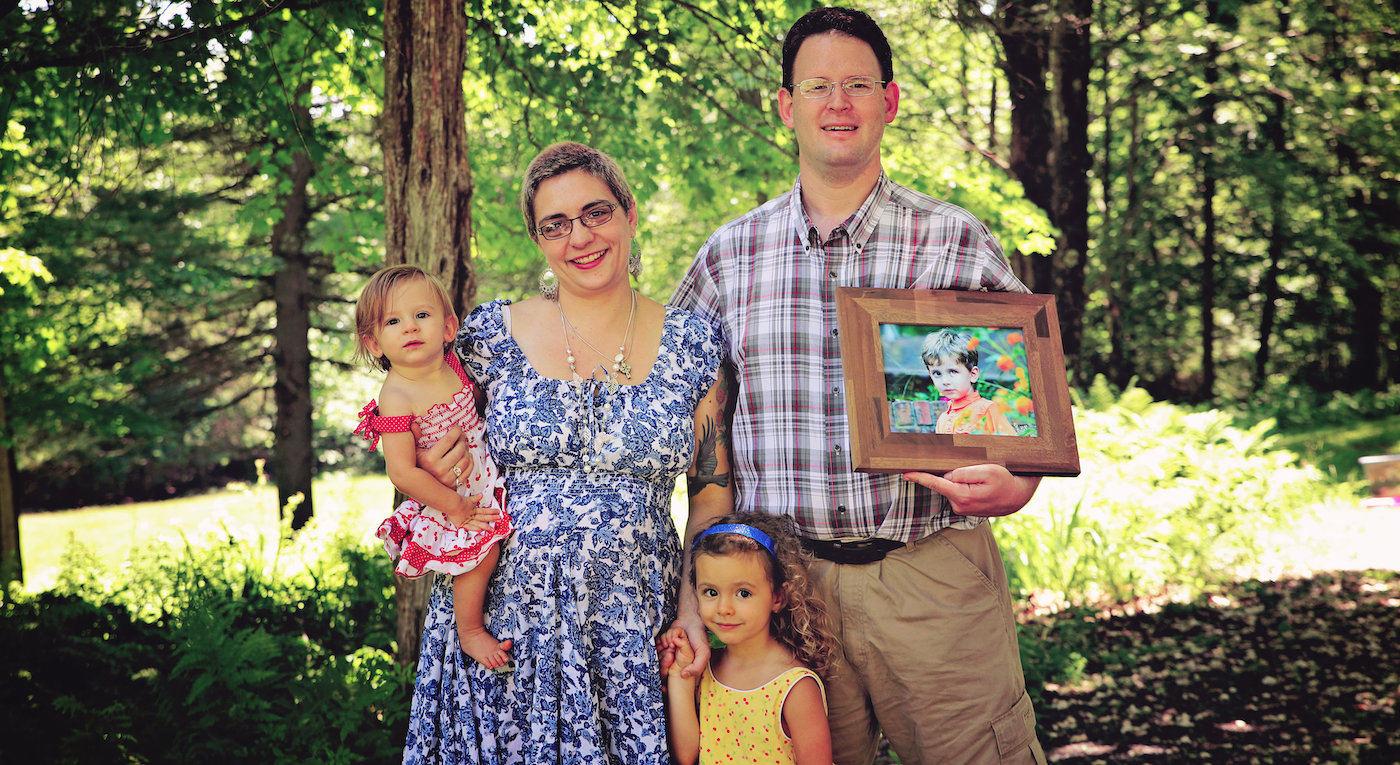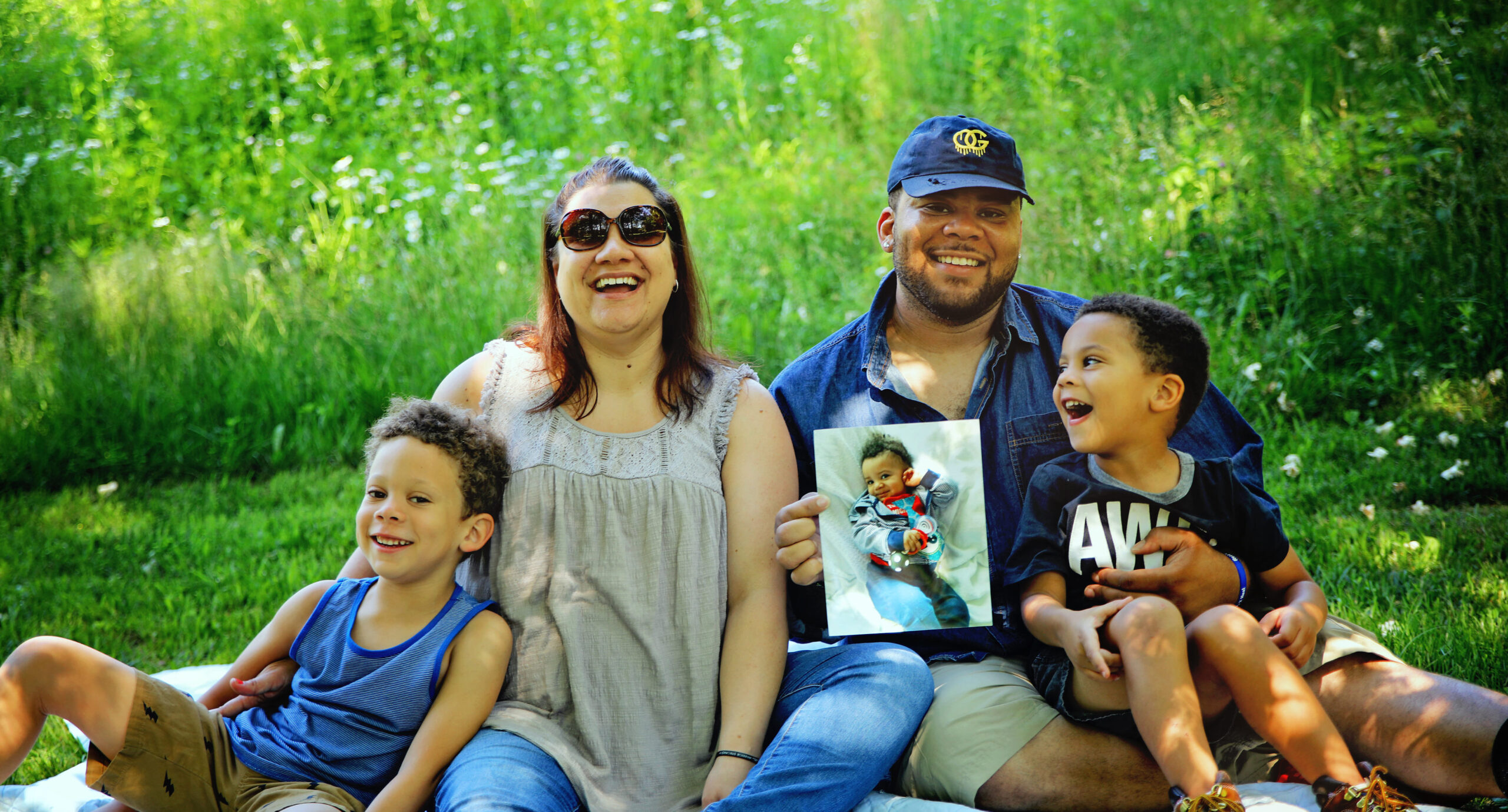
The Dougherty Family
Having a child is carrying a piece of your heart outside of your body. Losing a child is having to carry that empty space with you for always. It is a wound that never heals. We had hope and tried to make every day count for Odin.

The Mandley Family
On June 20th, 2016, Lyndsey and Chris Mandley learned that their precious son, Carter, was diagnosed with cancer at just 9 innocent months old. They were crushed to learn that Carter had Extra-renal Metastatic Rhabdoid tumors (ER-MRT), a diagnosis that bears an extremely low rate of survival.


